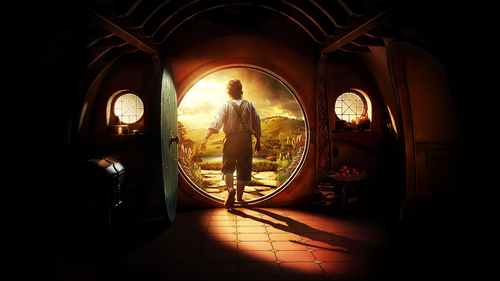Dedicated to all those who lost family members prematurely, and to two students — one struggling with addiction, and the other who lost her father.
This is grief. The silence that comes with a loved one’s death is like no normal silence. It is in our culture that we respond to this stillness with stillness upon stillness. We try to think of death as that leap into some great beyond, perhaps finally letting our loved one’s fluorescent inner radiance free. In the process, those loved ones take with them the air from within our lungs. So, in coping, we respond to their perceived new freedom by restricting ourselves with strict boundaries. And, as we cope with loss, we find relief in reunions. Time begins to jump around as we sit in the moment in front of us, leaping between moments in the past, frightened by the cloud in the future. The reunions open old happy memories that help turn that searing, salty burn of the tears into a blankety warmth. But, in our culture, the reunions often end quickly, leaving us alone in the darkness, unable to sleep. This is grief. And, this is what I observed in the first half hour of Susanne Bier’s soft-spoken “Things we Lost in the Fire” (2007).
February 11, 2013









